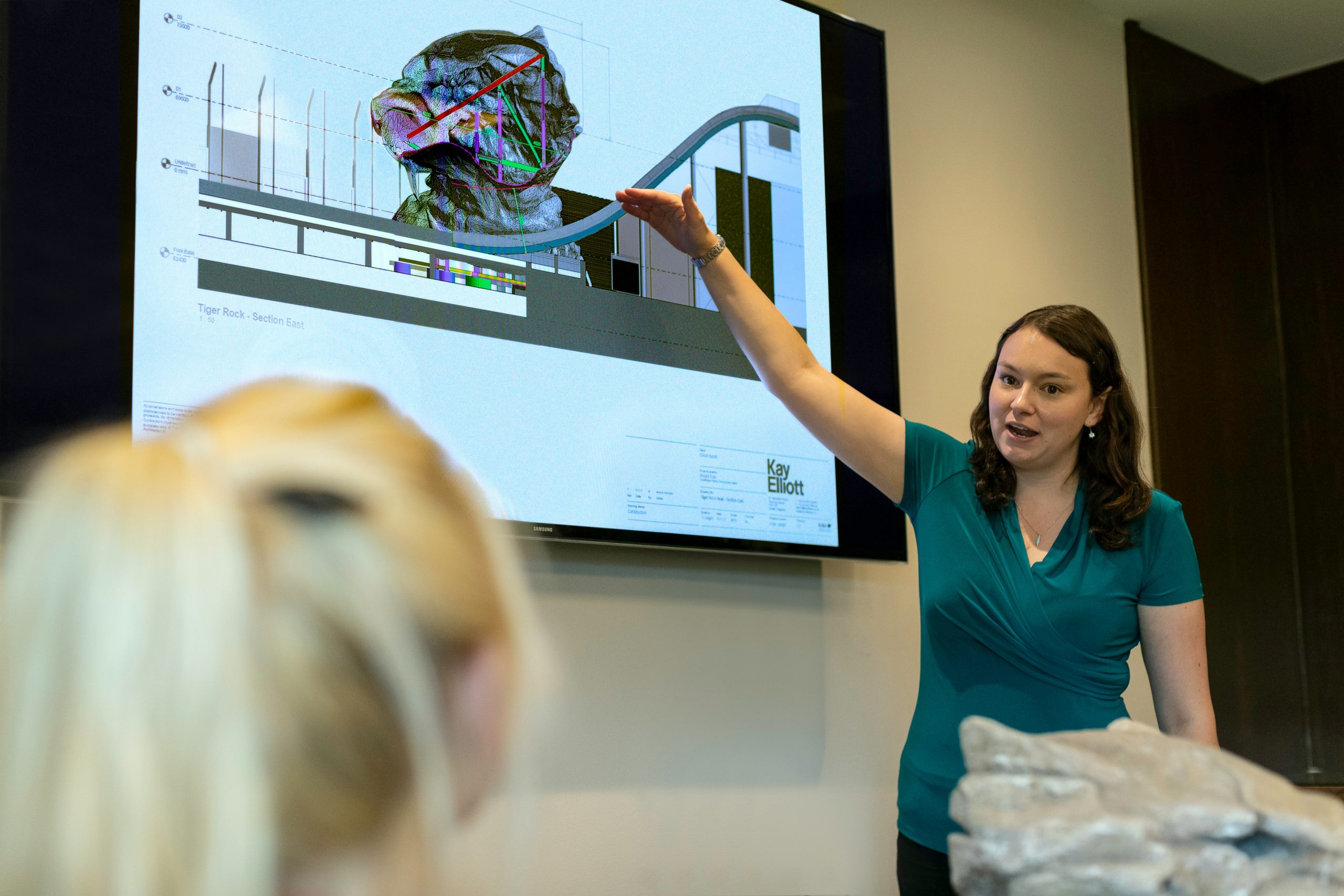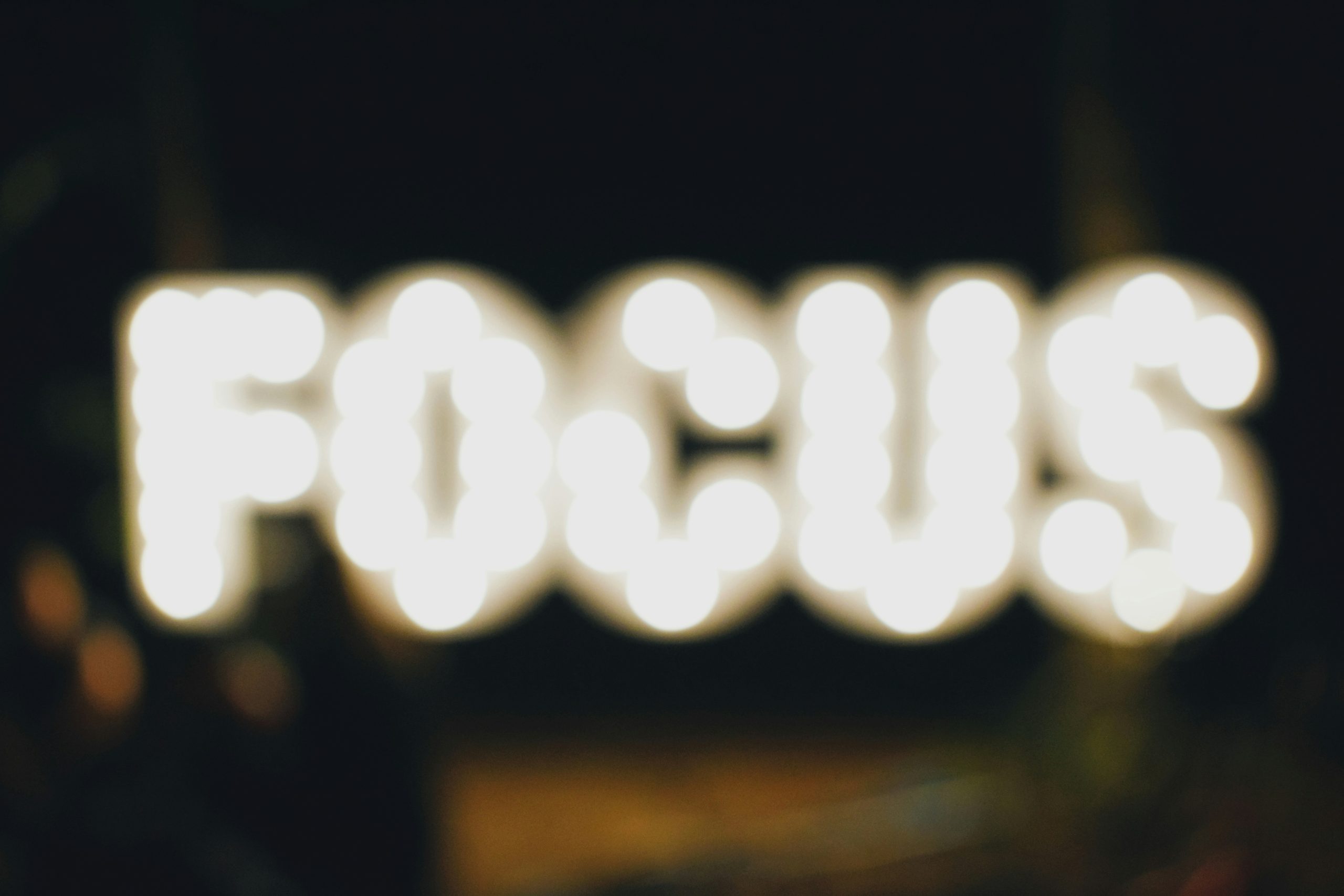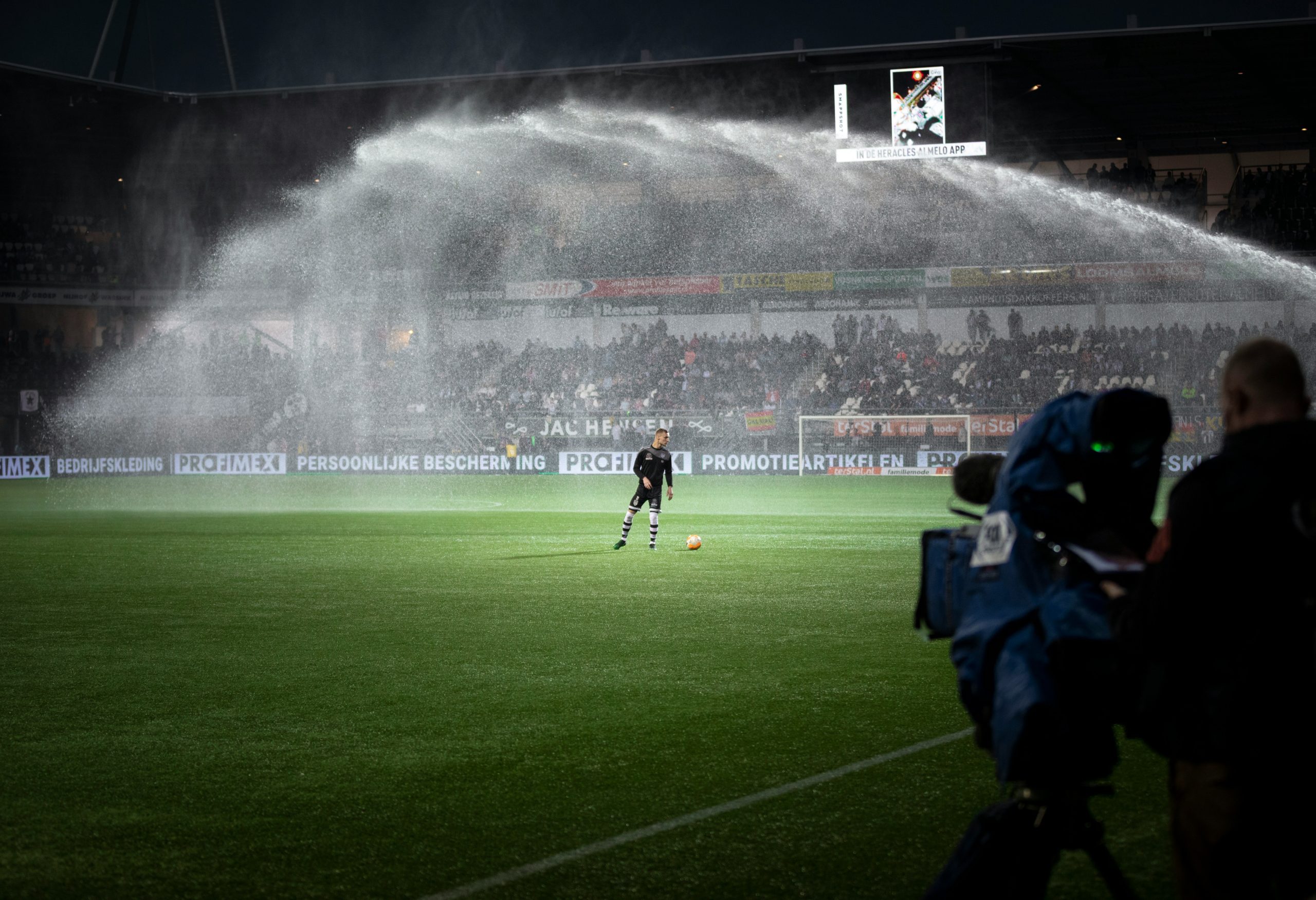
Psychological Strategies for Competitive Success
Achieving success in competitive environments often requires more than just technical skills or physical prowess. The mental aspect of competition plays a crucial role in determining outcomes. Athletes, professionals, and performers alike can benefit greatly from employing psychological strategies that enhance their performance under pressure and optimize their competitive edge.
1. Goal Setting and Visualization
Setting clear, achievable goals is fundamental to success in any competitive endeavor. Goals provide direction, motivation, and a sense of accomplishment. Psychologically, they can be broken down into short-term objectives that lead to long-term achievements.
- Example: A tennis player may set a goal to improve their first serve accuracy by 10% over the next month.
Visualization complements goal setting by mentally rehearsing success. Athletes visualize themselves executing perfect performances, which helps build confidence and reinforces positive outcomes.
2. Managing Stress and Anxiety
Competitive environments often bring about stress and anxiety, which can negatively impact performance. Effective stress management techniques include deep breathing exercises, progressive muscle relaxation, and mindfulness meditation. These practices help athletes stay calm and focused during critical moments.
Mindfulness teaches us to direct our attention to what is happening right now, instead of worrying about what has already happened or what might happen. Sharon Salzberg
3. Building Confidence
Confidence is a key psychological factor in competitive success. It is built through preparation, experience, and positive self-talk. Coaches and psychologists often work with athletes to develop routines that reinforce confidence, such as pre-game rituals or affirmations.
- Example: Michael Phelps, the Olympic swimmer, used visualization and positive self-talk to build confidence before races.
4. Focus and Concentration
Maintaining focus amidst distractions is critical in competitive settings. Athletes can enhance concentration through techniques like setting specific cues or triggers, such as a breathing pattern or a physical motion, that help them stay in the present moment.
5. Resilience and Adaptability
Resilience enables athletes to bounce back from setbacks and adapt to changing circumstances. Psychological resilience can be developed through exposure to challenges in training, learning from failures, and maintaining a growth mindset.
- Example: Serena Williams, the tennis legend, has demonstrated resilience by coming back from injuries and losses to win major tournaments.
6. Team Dynamics and Communication
In team sports and collaborative environments, effective communication and understanding team dynamics are crucial. Building trust among team members, clarifying roles, and fostering open communication channels contribute to a cohesive and successful team environment.
7. Post-Competition Evaluation and Learning
Reflection and evaluation after competitions are essential for continuous improvement. Athletes and teams analyze their performances objectively, identify areas for improvement, and adjust strategies accordingly. This process fosters learning and development over time.
Conclusion
Psychological strategies for competitive success encompass a wide range of techniques and practices aimed at optimizing mental performance. By setting clear goals, managing stress effectively, building confidence, maintaining focus, developing resilience, understanding team dynamics, and embracing continuous learning, individuals and teams can enhance their competitive edge and achieve success in their respective fields.
Implementing these strategies requires commitment, practice, and often the guidance of coaches or sports psychologists. Athletes who integrate these psychological principles into their training regimen often find themselves better equipped to handle the pressures of competition and perform at their peak when it matters most.



